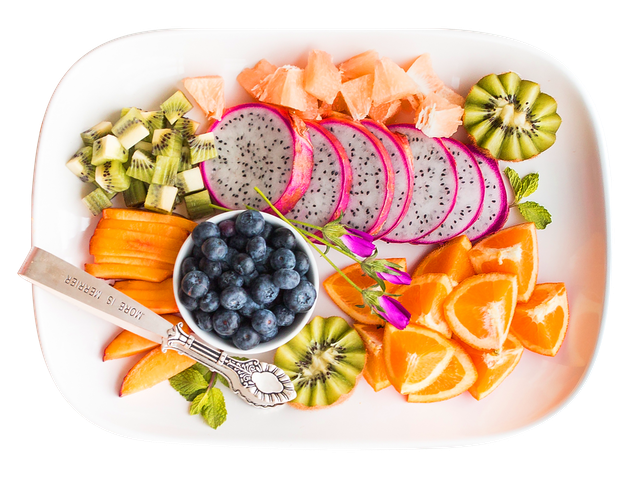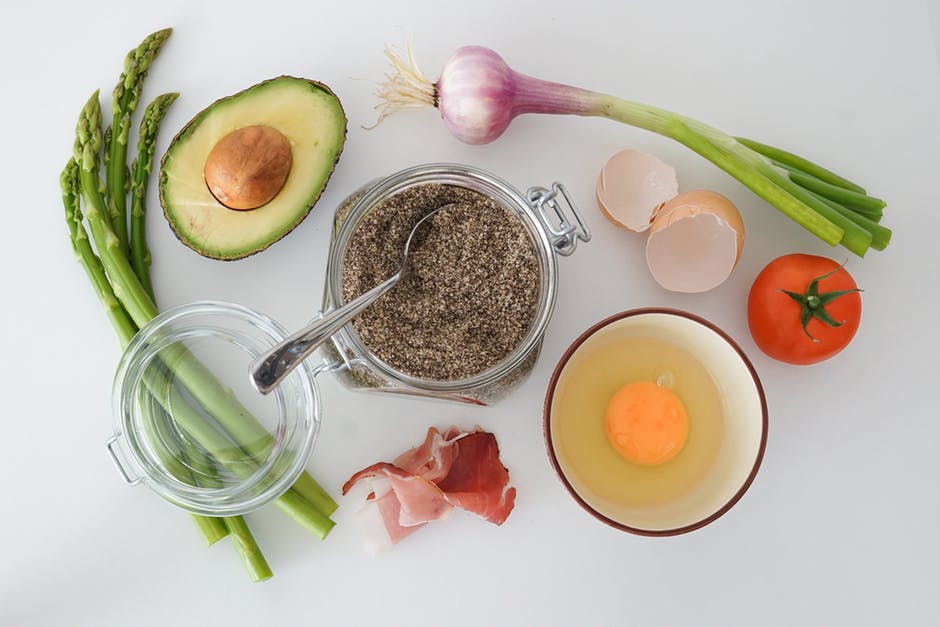Salt and sugar, how we love you. You make our chips delicious and our coffee luxurious. Without you, a world of technicolour would be lived in monochrome. Maybe, the problem is, we love you just a little bit too much. Both are addictive beasts, and although in small quantities they are good for us, in larger doses salt and sugar can lead to a myriad of health issues. With this is mind, here are the 4 IDEAL ways to reduce our salt and sugar intake.
DO IT GRADUALLY
Many of us add at least one or two teaspoons of sugar to our cup of coffee. In many countries, it’s so common that the barista will always add it, no questions asked. When you are used to having something sweet in your brew, it’s not going to be easy to eliminate it completely. And going cold turkey is usually not an option.
Reduce the amount gradually, going from two teaspoons to one, then from one to a half. Eventually, the amount of sugar you’re adding to your cup will be negligible, and you might as well stop completely.
Extend this mindset to your other sugar cravings as well. Reduce the amount you’re cooking with gradually, reach for fruit instead of juice, and get used to checking the labels on the food you buy. Cereal, for example, is usually filled with sugar – by purchasing a sugar-free one, you’re reducing your intake considerably.

HARNESS YOUR SUGAR INTAKE THROUGH FRUIT
When you’re no longer indulging in large amounts of processed sugar every day, you’re going to have a whole new appreciation for the sweetness of fruit. It’ll be your new go-to treat, and you can enjoy the energy from its sugar knowing that the fruit also provides you with plenty of other health benefits. Sugar, when used wisely, is the best source of energy we have.
CONSIDER A SUPPLEMENT
If you’re looking to lose weight by cutting down on sugar, you might want to consider a weight loss product to ensure you’re able to get the energy you need while adapting to your new lifestyle. It can sometimes be difficult to shake off a sugary habit when you don’t know what to replace it with. Consider a supplement which compares to the Cambridge diet, and make it work for you while you’re getting used to your new lifestyle. However, remember to consult your doctor first and keep in mind that any weight loss plan needs exercise to succeed and be sustained.

COOK FRESH FOOD AT HOME
While too much sugar can undoubtedly lead to obesity and other health problems, too much salt is seriously tough on your kidneys and can increase your blood pressure to an unhealthy degree.
We should limit ourselves to about 2,300 milligrams per day – or about one teaspoon. Most of the salt the average person consumes is found in ready meals, canned items, sauces, and other snack food. You may be shocked to learn just how much salt is used in process food, and a cursory skim of the label may be all the impetus you need to cook your meals freshly, at home. This way, you can monitor exactly how much salt goes into your diet. Add flavour with power foods such as garlic, ginger, chili, and herbs to spice things up and avoid a dull meal. A bit of salt is alright and even good for you – so learn to love the control your kitchen gives you.





